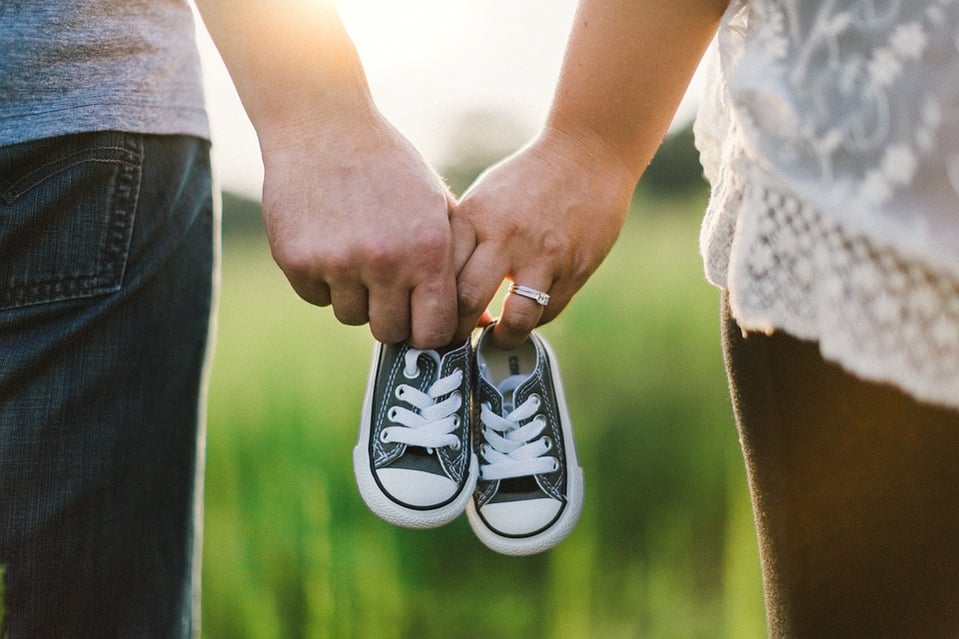Discover effective strategies for sharing the story of adoption with your children, ensuring a nurturing and open family environment.
Understanding the Right Time to Talk About Adoption
Determining the ideal moment to discuss adoption with a child is a decision that varies from family to family. Experts often recommend broaching the subject as early as possible, so that adoption becomes a natural part of the child's personal story. It's important to gauge the child's developmental stage and readiness to grasp the concept of adoption. Younger children might not understand all the details but can comprehend simple explanations grounded in love and family.
As children grow, their understanding deepens, allowing for more complex discussions. It's crucial to be honest yet sensitive, ensuring the child feels secure and loved. Remember, the goal is not a single tell-all conversation but a series of talks that progress with the child's age and maturity.
We always spoke of adoption in our family from the day we decided to adopt. We wanted it to be something everyone was comfortable with. We wanted it to feel common to create a sense of open discussion and normalcy. We brought our child home two days after they were born. Even simple conversations with an infant, although they do not understand, can help you as the adoptive parent to feel more comfortable talking about it as their child grows. We wanted adoption to feel like it was just always part of our life and our child’s life. Our child is an adult now and to this day will say there never was an “ah ha” moment when they remember being told, they just always knew. They are working in the adoption field, freely shares their story and is comfortable having always known their adoption story.
Creating a Supportive Atmosphere for the Conversation
The setting in which you talk to your child about their adoption can significantly impact how the information is received. Choose a quiet, comfortable space free from distractions, fostering a sense of safety and intimacy. It's important to make this a special moment where your child feels they have your full attention and can ask any questions they may have. We always answered only the questions our child had. We did not go any further because we did not want to put information on them that they may not be ready for. They may ask one question or ten questions but we let them guide the discussion.
Reassure your child of your love and commitment before, during, and after the conversation. Show empathy for their feelings and encourage them to express any thoughts or emotions. This supportive environment lays the groundwork for open communication and trust.
Using Age-Appropriate Language and Concepts
When discussing adoption with children, it's key to tailor the complexity of your language and the concepts you introduce to their age and developmental level. For toddlers and young children, simple phrases that emphasize love and family are appropriate. For example, 'We wanted you so much, and we were so happy when you joined our family.'
As children grow, they can understand more detailed explanations. School-aged children may be curious about their birth parents or why they were adopted. Answer their questions truthfully but with sensitivity, ensuring they feel secure in their family's love. Adolescents might seek more in-depth information and grapple with identity issues, necessitating a more nuanced conversation.
Addressing Common Questions and Feelings About Adoption
Children are naturally curious and may have many questions about their adoption story. Common inquiries include 'Why was I adopted?', 'Do I have other parents?', and 'Did you choose me?'. Be prepared to answer these questions honestly, using positive language that affirms the child's sense of belonging and worth. I remember our child asking us “why was I adopted?” I simply replied that their birth mother wanted them to have a family and a home, and she was not able to give that to them. Six months later and they tell me when I told them that they thought if we didn’t adopt them, they would be living on the side of the road in a cardboard box with their birth mother. Children often create stories in their mind just from simple information, so conversation regularly is important.
It's also important to recognize that children may experience a range of feelings about their adoption, including confusion, sadness, or anger. Validate their emotions and provide reassurance. Let them know that it's okay to have mixed feelings and that you are there to support them through any challenges.
Incorporating Continual Dialogue and Resources
Adoption is not a one-time conversation but an ongoing dialogue that evolves as a child grows. Keep the lines of communication open and revisit the topic regularly. This continual dialogue ensures that children feel comfortable asking new questions and expressing their feelings as they arise.
Additionally, provide resources such as books, support groups, or counseling to help children understand and process their adoption story. Introducing them to other adopted children and adults can also be empowering. By integrating these resources into your family's life, you reinforce a positive identity around adoption and provide a strong support system for your child. A key point to remember is that your child’s adoption story is theirs and they should not have to share it until they are ready to do so.
Family Connections has been helping families since 1994. We are a New York State authorized child placing agency and we are Hague accredited. We help families with both international and domestic adoption, birth parents who wish to place a child for adoption and home study services. Family Connections has programs in Belize, Bulgaria, Honduras, Hungary, Jamaica, Pakistan and Ukraine. If you would like more information click on the link below to request a free, one on one consultation to learn all of your adoption options.




Let Us Know What You Thought about this Post.
Put your Comment Below.